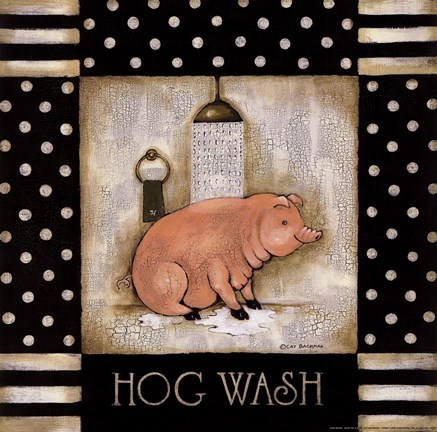

Modern etymologists have wondered about a connection with dilly-dally Anatoly Liberman commented in his Oxford Etymologist blog in 2007 that “The sound group dil, along with till-, suggests something frivolous. Sir Walter Scott had a character suggest that it derives from the Latin titivillitium, a trifle or a trivial item of gossip. Other authorities have claimed it was a hunting phrase borrowed from the French (presumably connected with tally-ho!) or that it was a mere minor variation on fiddle-faddle. Some older dictionaries insist it’s Scots in origin. Various forms are known, such as tillie-vallie, tilley-valley and tillie-wallie as well as tilly-fally. It’s fairly common in writings down to the nineteenth century, but in recent times we have preferred more boisterous epithets with which to express our disapprobation, letting it fall away with such other derogatory expressions as the imitative pshaw!.

Henry IV, Part Two, by William Shakespeare, 1597-8. Hostess Quickly: Tilly-fally, Sir John, never tell me your ancient swaggerer comes not to my doors. It also has the imprimatur of having been employed by our greatest playwright, though in an older spelling: Tilly-vally is a member of this set, these days usefully obscure, so it may be employed without too great a risk of dire consequences.

No language can ever have too many words with which its speakers may deride an assertion as hogwash, codswallop, baloney, poppycock, twaddle, cobblers, bosh, tosh or stuff and nonsense. Should the person responsible be a woman, she was known as Madame le (not la) Censeur, because otherwise the kids would turn her into a lift: Madame l’Ascenseur, and such disrespect was at all costs to be avoided.” 2. On censor, Anne O’Brien Lloyd wrote from Saskatoon: “The teacher responsible for discipline in a French school was known as Monsieur le Censeur. Don’t interrupt me.’” Tony McCoy O’Grady noted that the word lingers in Catholic Church circles: “Archbishops and bishops from around the world have to report to Rome (on the state of things in their dioceses) every five years, and these trips are known as lustral visits.” Rooster Cogburn: What’s a lustrum, Judge? Judge Parker: Five years.
Obscure slang for poppycock or hogwash movie#
“ Lustrum may be an odd ball on that side of the pond,” wrote John Fentner, “but us Yanks learned it from the movie Rooster Cogburn of 1975: ‘Judge Parker: You have served this court for almost two lustrums. I assume their publicists felt it had more marketing, er, luster.” David Larkin e-mailed from Cape Cod, “Except, of course, in the US, where Simon & Schuster, in their never-ending battle to protect us from big words, renamed the novel Conspirata, which isn’t a word at all. I mentioned the Robert Harris novel entitled Lustrum. It refers to the sacrifice of a sheep, a pig and an ox at the lustrum ceremony.

So far as I know only the Chambers Dictionary includes this Latin mouthful, which is formed from sus, pig, ovis, sheep, and taurus, ox. Lustrum Peter Ingerman and Andrew Fisher pointed out that in writing about this word I had missed an opportunity for including yet another weird word: suovetaurilia.


 0 kommentar(er)
0 kommentar(er)
